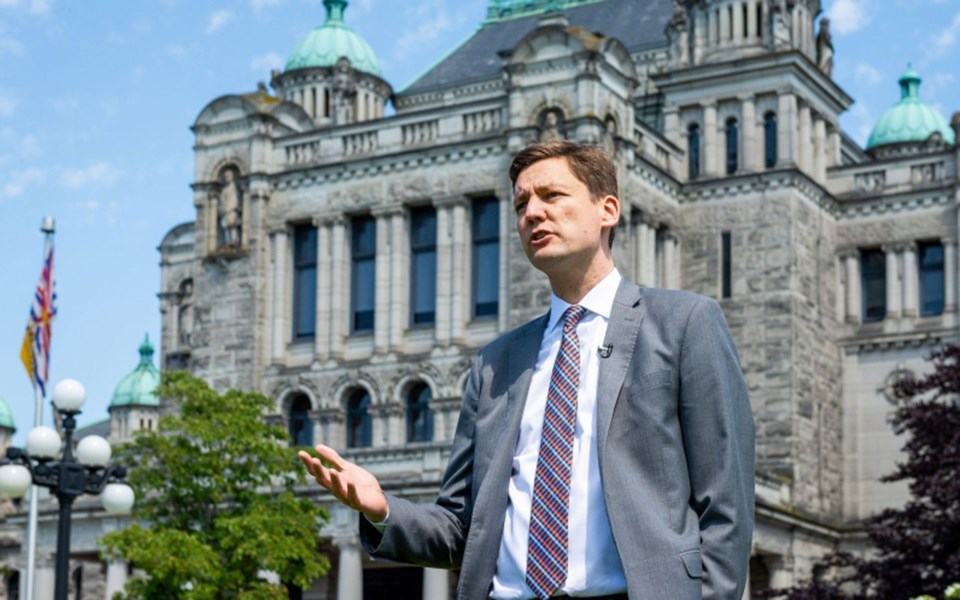Incoming B.C. premier-designate David Eby would be wise to stick to his predecessor’s style of governing, which means not embarking down paths favoured by activists of all stripes who right now are rather vocal within his party.
Outgoing Premier John Horgan told me early on in his first term that it was important for his party to drop the activist ways that characterized its time in Opposition. Forming government raised the stakes and forced the party more to the political centrer and away from the more fringe activist elements.
The first indication the BC NDP had actually done that was its decision to finish the Site C dam, which the party firmly opposed before forming government. It also backed the LNG industry, which it mocked while on the other side of the House.
When he was in Opposition ― indeed, even before he entered politics ― Eby carved out a reputation as an activist lawyer who championed civil liberties, the homeless and opposed a number of police actions.
When he became attorney-general in 2017, there was speculation he would continue with his activist approach but much to the dismay of his opponents, he did not do that.
All political parties are coalitions of interests, to varying degrees. The BC Liberals have both liberals and conservatives within their ranks (although it can argued that party has shifted considerably to the conservative side of the political spectrum in recent times).
The BC NDP attracts a broad range of liberals, unionists and social and environmental activists. The party’s recent leadership “race” revived in some ways the age old debate that exists within parties like the NDP: is it better to adopt public policies that are not popular yet satisfy ideological preferences? Or is it better to compromise on some of those beliefs in order to achieve real political power in order to implement some of those policies?
Horgan and his caucus have obviously opted for the latter approach, much to the dismay of disqualified NDP leadership candidate Anjali Appadurai and her supporters.
Appadurai’s campaign labelled the NDP government a failure on the climate action file (and a lot of other files) and wanted to take the kind of actions that would send the party into the electoral desert if implemented.
Public opinion simply doesn’t support banning fracking, shutting down a huge chunk of the forest industry, shuttering the LNG industry and moving aggressively to end many natural resource projects.
Eby says he intends to take action on a number of fronts in his first 100 days of office. They include health care, street crime, old-growth logging, climate action and, of course, housing affordability.
I will be surprised, however, if he proposes to do anything radical on any of those issues. His outgoing predecessor led his party to an impressive majority in the 2020 election by governing from the middle, with a definite shift to the progressive side of the political ledger.
Straying from this ”centrist left” approach could prove disastrous for the BC NDP at the ballot box come the next election.
Going down the activist road is not a path towards forming government and staying in government. We shall see if Eby sticks to Horgan’s largely successful script. I am betting he will.
Keith Baldrey is chief political reporter for Global BC


.jpg;w=120;h=80;mode=crop)

